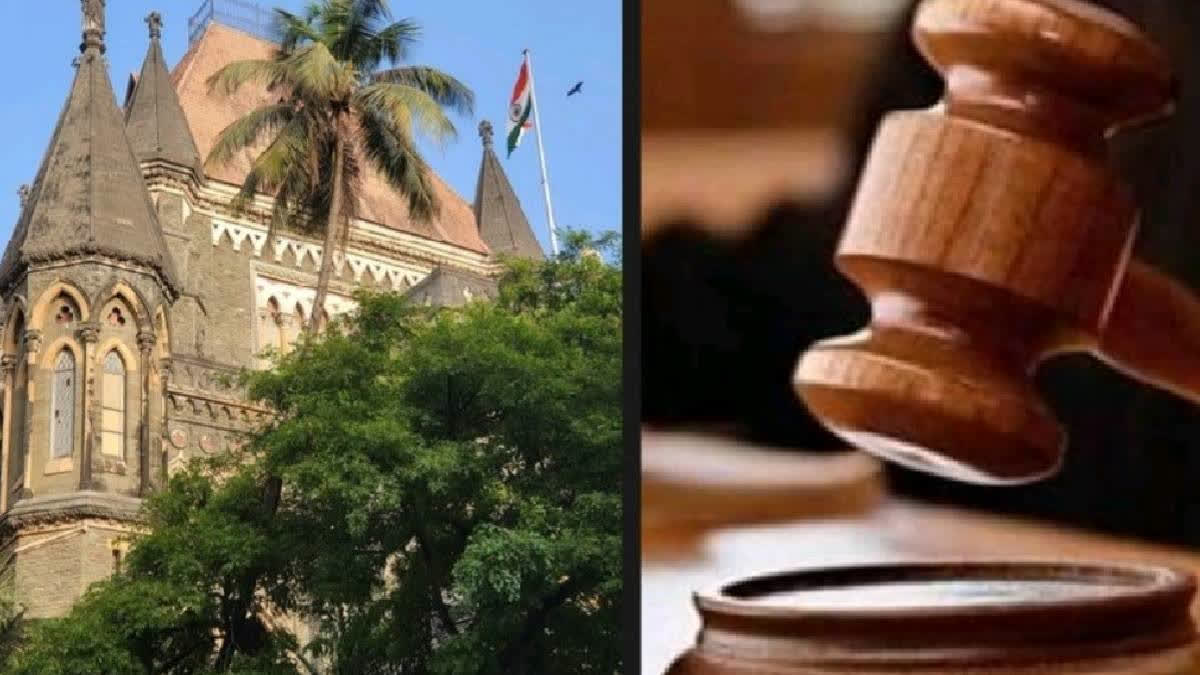Mumbai: The Bombay High Court, on Wednesday, said it was troubled by the fact that the recently amended IT Rules to curb online fake news against the government offer no recourse to a person whose social media post has been removed or account suspended after being flagged by the proposed Fact Checking Unit (FCU).
A division bench of Justices Gautam Patel and Neela Gokhale questioned where such a person would go when their post is unilaterally closed with no recourse available. It may or may not have a chilling effect but still needs to be considered, Justice Patel said.
The bench was hearing arguments on a bunch of petitions challenging the amended Information Technology (IT) Rules. Stand-up comedian Kunal Kamra, the Editors Guild of India and the Association of Indian Magazines have filed petitions in the HC against the Rules, terming them arbitrary and unconstitutional and claiming that they would have a chilling effect on the fundamental rights of citizens.
Solicitor General Tushar Mehta on Wednesday argued that once the FCU, to be set up under the Rules, flags any post with fake and false facts then the intermediaries have the options of verifying it and removing the content or putting a disclaimer on the post.
The intermediaries retain their safe harbour or immunity by doing so. If the intermediary does nothing then the aggrieved party (either the person or the government) can move court against the post and take the intermediary too to court. The court would then decide the liability, Mehta said.
Mehta clarified that the intermediaries do not have the option of not doing anything once content has been flagged by the FCU. The intermediary must act either way to retain their safe harbour or immunity. There is no compulsion to remove but then the intermediary loses its safe harbour, he said.
The bench then questioned if a remedy was available under the Rules to the person whose post has been flagged.
If the intermediary complies and removes the content where does the user (person whose post has been removed or account suspended) go? There is no recourse for the user and that is what is troubling us the user has no recourse, the bench said.
The court also questioned if a government authority, in this case the FCU, has the authority to decide what the truth is.
What is the truth? We have lower courts to determine this even courts cannot answer this for sure, courts arrive at some level of truth because there is a process in place. This process has been defined in our system. What lacks here is this process, Justice Patel said.
The bench noted that it agrees with the Centre's argument that there are several fake and false facts being spread on the internet and this was a problem not just for the government but also for society at large. It raises several serious and ethical questions which can be debated. The only question is the compulsion by the FCU that says it has determined, not a court, but it has determined something is fake and false, Justice Patel said.
